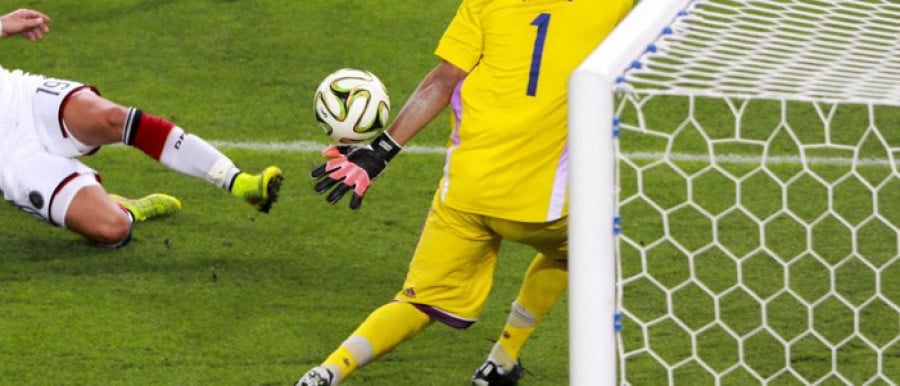The end of the licensed football agent?

Earlier this year Football’s World governing body, FIFA, published its Regulations on Working with Intermediaries1. The FIFA Regulations signal a dramatic de-regulation of one of the most controversial and lucrative business activities in football: agency.
From the 1 April 2015 the system of licensing football agents will be abandoned, and all existing football agents’ licences will cease to have effect immediately (see, Regulation 11). Instead, FIFA’s Regulations provide:
- Any natural or legal person (i.e. including a company) can act as an Intermediary and represent football players or clubs in contract or transfer negotiations;
- National Associations must register Intermediaries involved in transactions (Regulation 3);
- National Associations must be satisfied the Intermediary has an “impeccable reputation” and not a conflict of interest. However, in order to be so satisfied they just need to have a form signed by the Intermediary certifying that he has not had a criminal record imposed upon him for “financial or violent crime”, he has no relationship with other associations that give him a conflict of interest, and he shall abide by the Regulations and the other various relevant rules (Regulation 4, and annexes 1 and 2);
- Agency Contracts can be for any period (under current Regulations an agent can only represent a Player for a maximum of 2 years under any one Representation Contract) so long as they state the term of the Agreement (Regulation 5);
- Payments to Intermediaries must still be disclosed to the relevant association (Regulation 6);
- FIFA recommends that there be a 3% cap on remuneration paid to Intermediaries (their remuneration not to exceed 3% of the player’s basic gross income) – this is in contrast to the current system where there is no cap but the market rate is often between 5-10% (but can of course be more) (Regulation 7);
- Intermediaries may not receive any remuneration at all from services provided in relation to a Player who is under the age of 18, but may enter into an agreement with them when under the age of 18, with no minimum age, so long as the player’s legal guardians sign the contract in accordance with applicable national law (Regulations 5 and 7) – under the FA Agents’ Regulations currently in force agents can be remunerated in respect of players aged 17 and over, but cannot enter agreements with players below the age of 16;
- Similar (but far less detailed) provisions as to Conflicts of Interest that exist in the current system apply (Regulation 8);
- National Associations will be responsible for imposing any sanctions on parties within their jurisdiction that violate the Regulations (Regulation 9);
- National Associations are required to implement and enforce the FIFA Regulations, but are entitled to go beyond the “minimum standards” in them (Regulation 1);
To continue reading or watching login or register here
Already a member? Sign in
Get access to all of the expert analysis and commentary at LawInSport including articles, webinars, conference videos and podcast transcripts. Find out more here.
- Tags: Agents | FIFA | FIFA Regulations of Working with Intermederies | Football | Governance | Intermederies | Regulation | The FA
Related Articles
- The FIFA World Cup Inquiry: A landmark learning day for sports governance?
- Integrity in Sport Update: Greek professional football league suspends games following violent attack of official
- When is an athlete’s management agreement in restraint of trade? Lessons from Hamilton Management Group v. Paul Di Resta case
- FIFPro set to influence Laws of the Game
Written by
Nick De Marco KC
Nick is rated a leading silk in Sports Law and is a member of Blackstone Chambers.
He has advised and acted for a number of sports governing bodies, athletes, most Premier League football clubs and many world-class football players in commercial and regulatory disputes.

 Global Summit 2024
Global Summit 2024
Yves Clement Yves
That's a good décision FIFA law about fake agents who spending time decieving young football players
C 'est une tres bonne decision que transmet la FIFA au sujet de faux agent de joueurs qui passent le temps a tromper nos jeunes footballeurs
reply